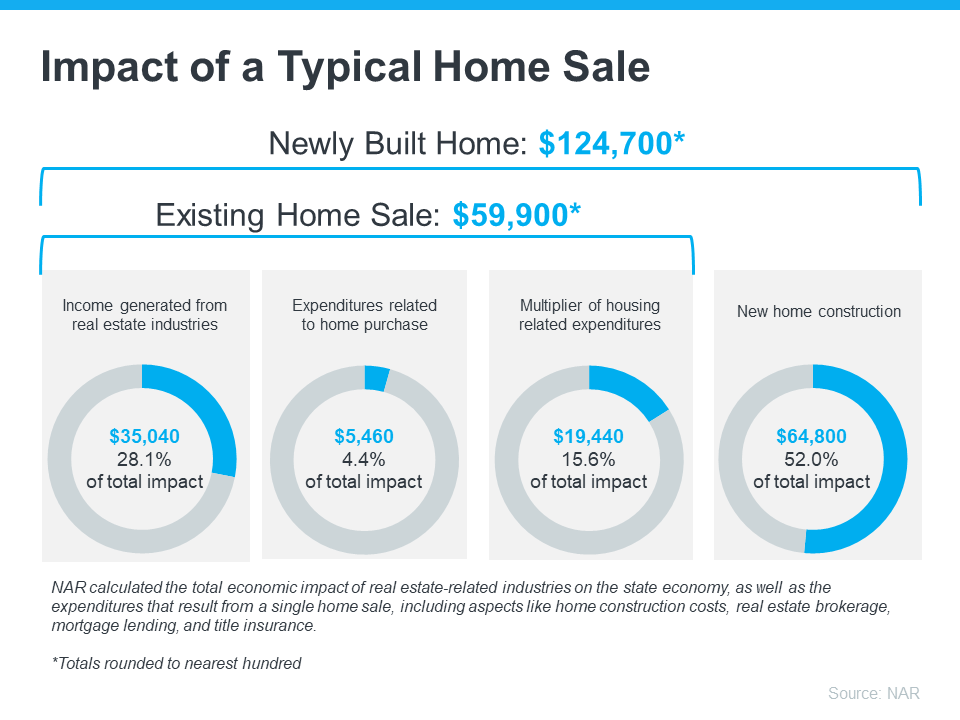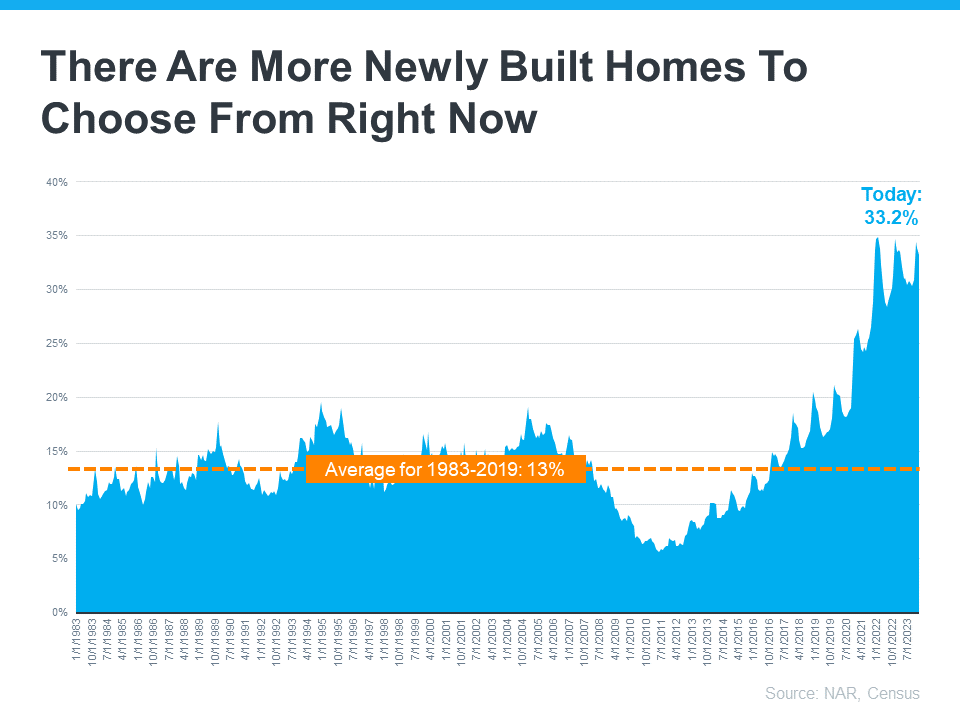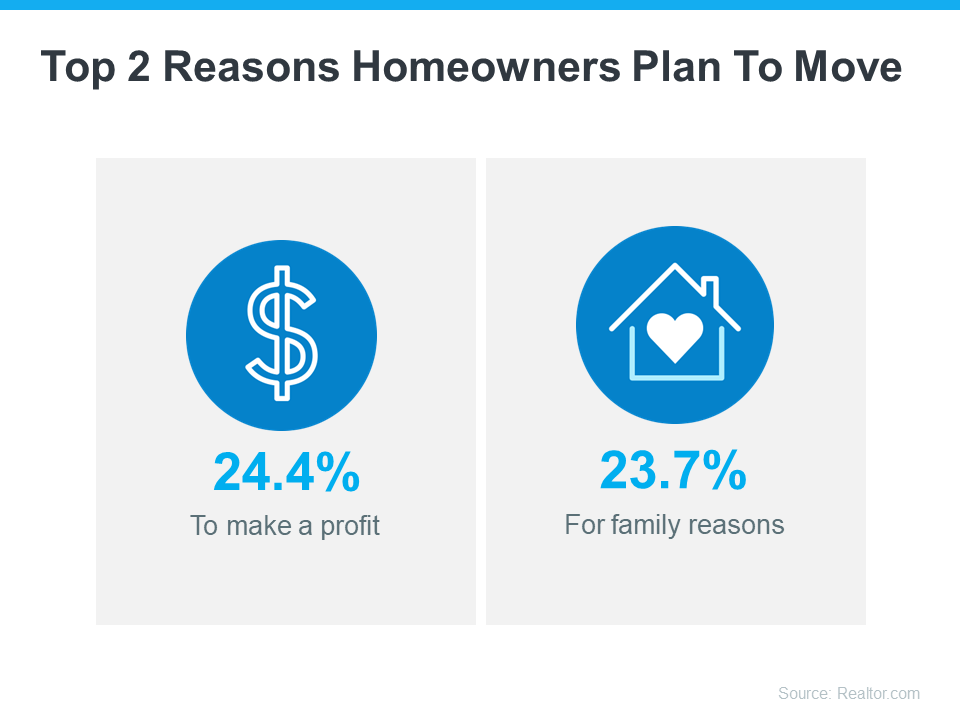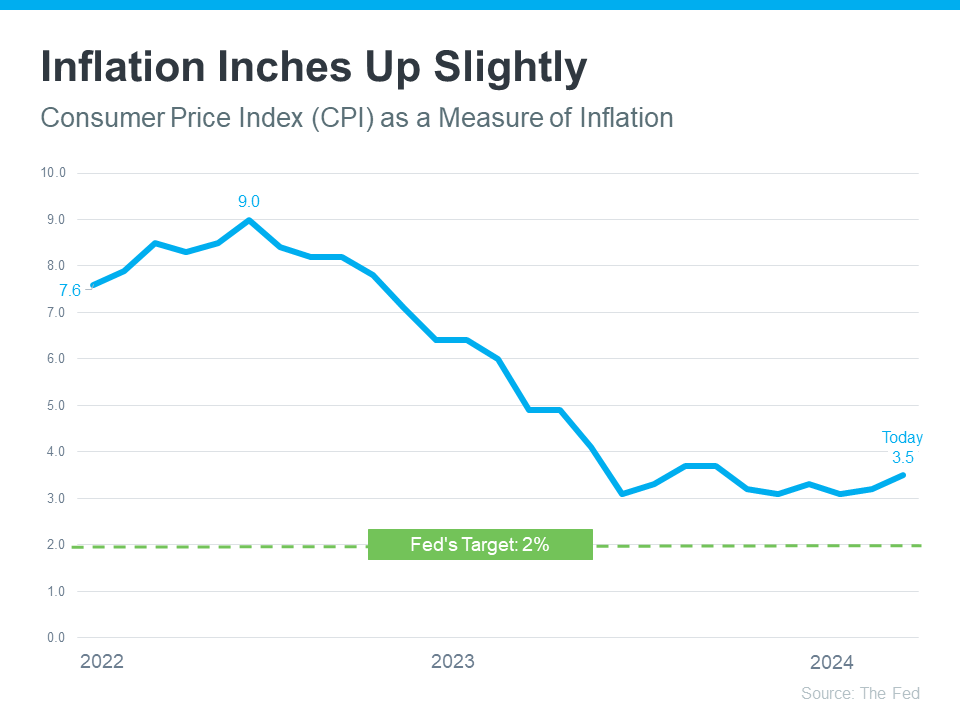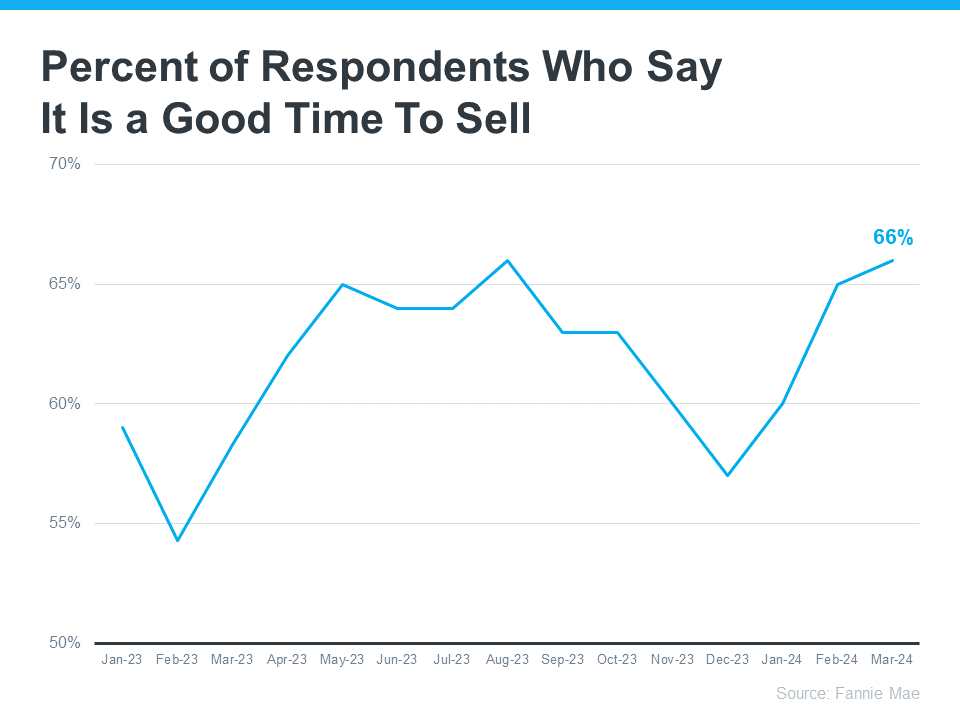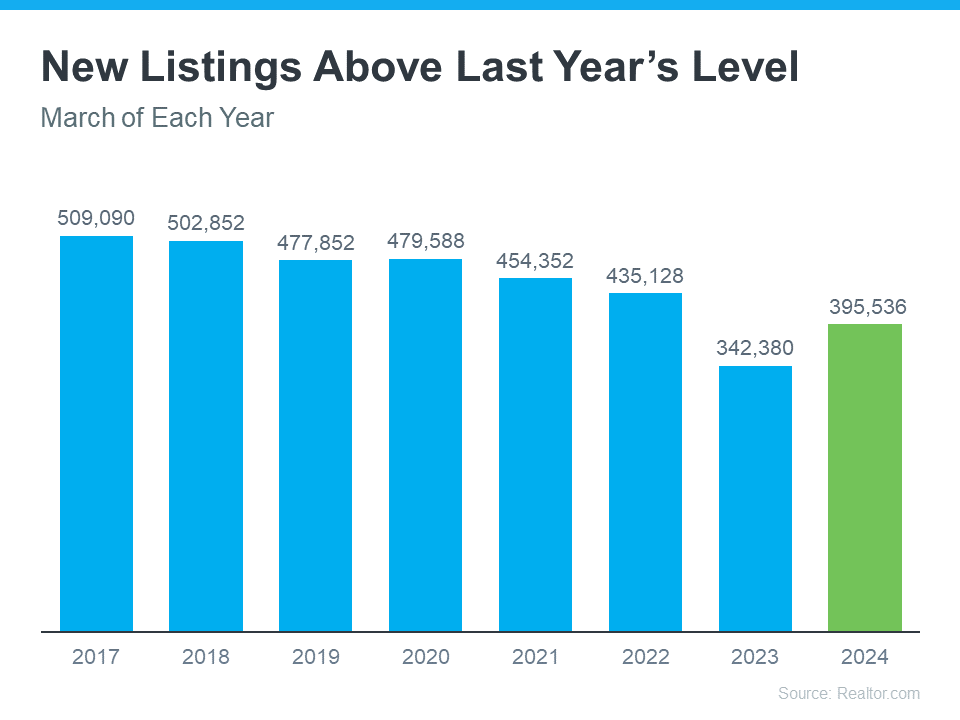Considering Selling? Choose an Agent with These Essential Skills
Deciding to sell your home is a significant step. Your home represents a substantial investment, both financially and emotionally, holding countless cherished memories. Consequently, the process can be emotionally charged. What you need is an agent who not only comprehends your sentiments but also possesses the expertise to assist homeowners like you effectively through the selling journey.
Enter the indispensable figure of a good listing agent, also referred to as a seller’s agent. Below are crucial skills to seek in your agent:
1. Simplification Expertise:
Some agents might inundate you with complex real estate jargon, aiming to impress. Yet, understanding these terms shouldn’t be a prerequisite for communication. Instead, a great agent excels at simplifying concepts, ensuring you grasp the dynamics of the housing market effortlessly. They don’t just relay information; they tailor it to your needs, empowering you to make informed decisions confidently. As per Business Insider, your comfort and rapport with your agent play a pivotal role in this selection process.
2. Data-Driven Pricing Strategy:
While it’s tempting to opt for the agent suggesting the highest listing price, this approach could backfire. Overpricing might deter potential buyers, prolonging your home’s time on the market. Instead, collaborate with an agent who proposes a pricing strategy backed by robust data analysis. A competent agent engages in transparent discussions about pricing, guiding you towards a fair and realistic valuation. NerdWallet emphasizes the importance of selecting an agent grounded in market knowledge rather than one merely advocating for a high price tag.
3. Objective Negotiation Skills:
Selling a home often triggers emotional attachments, clouding objectivity during negotiations. This is where a skilled negotiator proves invaluable. A trusted agent remains composed under pressure, advocating for your interests while navigating the intricacies of negotiation. Drawing upon their market acumen and past experiences, they offer sound advice tailored to your specific circumstances. Rocket Mortgage underscores the role of listing agents in alleviating stress and facilitating smoother transactions through their expertise.
In Conclusion:
Whether you’re a novice or seasoned seller, the right listing agent is paramount to your success. Reach out today to secure the assistance of a proficient local expert who will guide you through every stage of the selling process.

 Facebook
Facebook
 X
X
 Pinterest
Pinterest
 Copy Link
Copy Link


